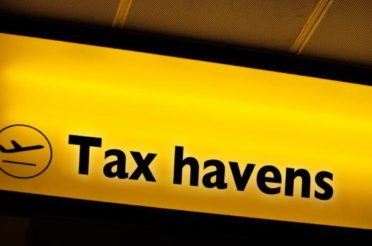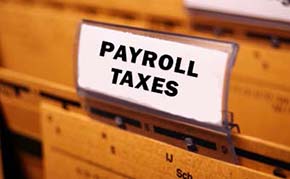
Incentive is something that motivate or encourages you to do something. Hence tax incentive is a measure adopted by government which is a means of encouraging individuals and businesses to act in some desirable ways such as to spend money or to save money by reducing the amount of tax they have to pay. Tax incentives are special adaptation in the tax laws to entice, retain or increase investment in a particular sector, encourage growth in specific areas and assist businesses and individuals carrying on identified activities. The underlying basis is to ensure overall growth in the economy and an even development of all sectors.
Tax incentives are basically designed to attract new investment into the country and to expand existing ones in the industries which is based on the country development plan capable of stimulating economy growth.
Tax laws provide various incentives to companies carrying on business in Nigeria. Incentives may be granted on industry basis or on tax type and may include: exemption from payment of taxes, reduction in rate of tax to be paid, grant of allowances and deductions from profits subject to tax etc.
Tax incentives based on tax type as operated in Nigeria are as follows:
Incentives under the Personal Income Tax Act: Non-Nigerian employees of foreign companies in Nigeria may be exempt from tax in Nigeria, where they spend a cumulative period of less than 183 days in Nigeria during a 12 months period, and their income is subject to tax in their home country.
Incentives under the Companies Income Tax Act: Loans granted to Nigerian companies may be exempt from tax, where they meet prescribed criteria. Dividends received from Nigeria are exempt from tax, other than withholding tax deducted at source. Profits of shipping and airline companies subject to tax in Nigeria are restricted to activity carried out in Nigeria. Dividends interest, rent or royalty earned by companies outside Nigeria and brought in through specified channels are exempt from tax. Interest earned by a foreign company on its bank deposits in Nigeria is exempt from tax. Nigerian companies with a minimum of 25% foreign equity and within their first four years of operation are exempt from payment of minimum tax.
Incentives under the Capital Gains Tax Act: Foreign companies carrying on business in Nigeria are exempted from capital gains tax on disposal of assets, except such proceeds are brought into Nigeria.
Incentives under the Petroleum Profits Tax Act: Expenses incurred outside Nigeria which are wholly, exclusively and necessarily incurred for the Nigerian operations are allowed as deductions against the profits of the Nigerian company (this may include parent company expenses incurred in respect of the Nigerian company). Interest on inter-company loans obtained under open market terms are allowed as deductions.
Incentives under the Value Added Tax Act: Import of several items exempted from value added tax, Exported goods or services and Import and Export Duty Exemptions and Reductions also exempted from value added tax. Import and export duty exemptions and reductions are available for several items.
Incentives under the Industrial Development Act: Pioneer Status is granted to qualifying companies and/or products and services resulting in 3-5 year tax holidays. Qualifying industries include , Mining, manufacture of cement, glass and glassware, lime from limestone, ceramic products, rubber, leather textile etc. Areas of industry that are of economic benefit to the country.
Incentives under the Tax Free Zones and Export Processing Zones: There are laws that brings existence of tax free zones and export zones, which exempt companies operating in those areas from tax obligations in Nigeria for operations carried out in the zones. Companies are required to register before enjoying the benefits and all activities must be performed exclusively within the zones – activities outside the zones will be subjected to tax. Tax free status is continuous as long as activities are restricted to the zones – Government may however review the status of the zones based on economic considerations
Effective tax incentives will not only promote increase economic activity in the country but also stimulate foreign investors into the economy thereby improving revenue productivity and tax base of Nigeria’s tax system.
You can learn more about the above from us at INCE Consulting Limited, it is our responsibility to be of immediate assistance to any Organization to advise them on how best to manage all their business issues with little or no disruption to their business operations.
Contact us at info@inceconsulting.com or +234 (0) 803 876 7883 to get expert help because we are the best business support service partner you can get.
Visit our website at www.inceconsulting.com for more information






Leave a Reply